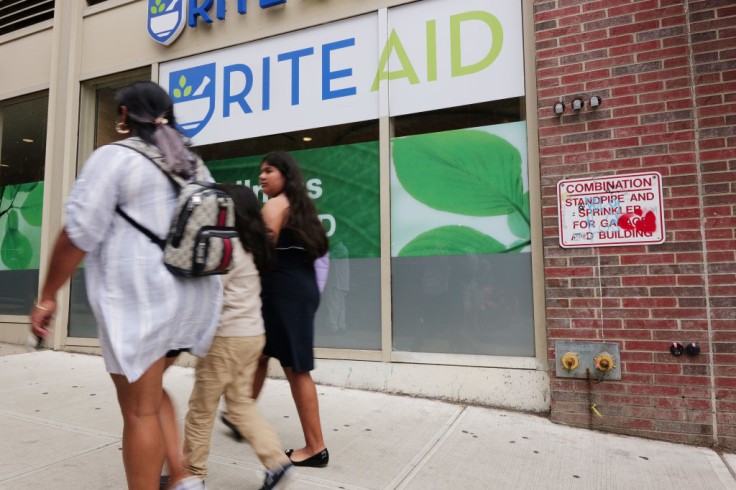Rite Aid will not be able to use any facial recognition software for the next five years after the technology found on the chain tagged Blacks, Latinos, and Asians as "likely to engage" in shoplifting.

The pharmacy chain's software, which uses artificial intelligence, has been reported to "falsely flagged the consumers" on "numerous occasions," according to the settlement reached with the Federal Trade Commission.
Rite Aid said it is "pleased to reach an agreement" with the FTC but continues to fundamentally disagree with the facial recognition allegations in the agency's complaint."
Rite Aid Facial Recognition Misidentifies Customers as Shoplifters
FTC's documents stated that the imperfect technology has led employees to act on false-positive alerts.
Many employees have been reported to accuse unaware customers of stealing in front of their families and friends, while some have even been wrongly detained and subjected to searches.
Most misidentified customers were kicked out of the store and
FTC's legal filing contains customer complaints spanning from October 2012 to July 2020 across hundreds of Rite Aid branches.
The FTC accused Rite Aid of a "reckless" surveillance system, putting customers' sensitive information at risk and placing them for humiliation.
The facial recognition system has been widely used in busy cities like New York City, Los Angeles, and San Francisco where many Black, Latino, and Asian residents live.
This was not the first time the facial recognition software has misidentified customers as shoplifters, leading to some being wrongfully arrested.
Several lawmakers have already called for an "immediate stop" to businesses relying on facial recognition systems for security.
AI in Security and Surveillance System
Past innovations in AI have led more businesses to integrate the technology into their surveillance cameras.
However, AI's capabilities have been hampered by the low-quality feed in most CCTV cameras used.
In other instances, the AI used has been proven to be prone to biases and vulnerable to false positives.
Related Article : AI Tool to Detect Guns Will be Given to US Schools for Free









